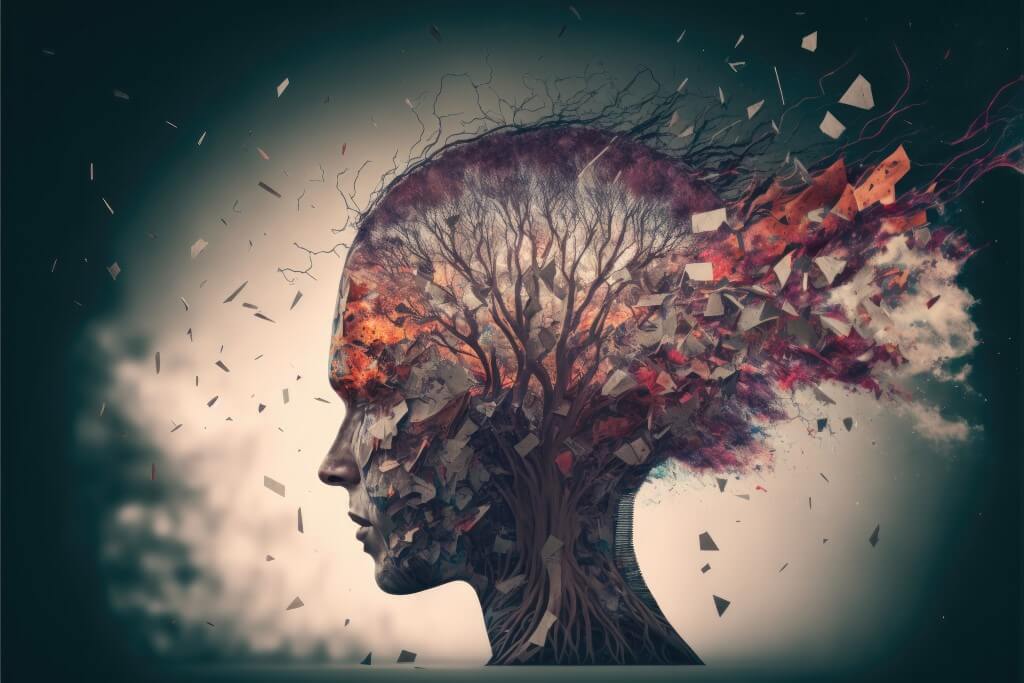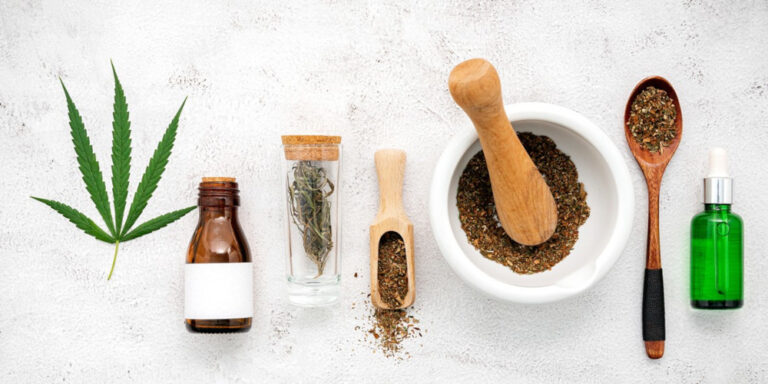As you stand on the precipice of your recovery journey from cocaine addiction, the prospect of addressing not just addiction, but also co-occurring disorders, might feel overwhelming. You’re not alone in this. It’s important to understand that addiction often doesn’t exist in a vacuum. Many people who grapple with substance use also deal with other mental health issues, leading to a situation known as a dual diagnosis.
You might be asking, what exactly does this mean for you?
- Simply put, dual diagnosis means that along with your struggle with cocaine addiction, you’re also dealing with another mental health disorder simultaneously. This could be depression, anxiety, bipolar disorder, or any number of other conditions.
- Seeing addiction as a symptom rather than a disease allows for a more holistic approach. In this view, your cocaine addiction could be a symptom of underlying issues or coping mechanisms for co-occurring disorders. By identifying and addressing these underlying issues, treatment can be more effective, and your journey towards recovery smoother.
- Navigating dual diagnosis treatment, while challenging, is not an insurmountable task. In fact, acknowledging the existence of co-occurring disorders can be a turning point, a chance for you to gain a deeper understanding of yourself, and an opportunity to develop healthier coping mechanisms.
- Rehabilitation centres in South Africa, like Changes Rehab, are equipped to handle dual diagnosis situations. They recognise the complexities of these cases and tailor their approach to meet your individual needs. A multidisciplinary team of professionals works together to ensure that both your addiction and co-occurring disorders are addressed in a coordinated and comprehensive manner.
- Embracing this approach, you’re not merely tackling the symptoms of your addiction. You’re delving deeper to address the root causes and learning to foster a healthier relationship with yourself and others.
Complexities of Addiction
One area of the controversy centres around the concept of addiction as a symptom rather than a disease. While this perspective allows for a holistic approach to treatment, some argue it may inadvertently minimize the complexities of addiction. They suggest that this view might lead some to overlook the biological and physiological aspects of addiction, which are crucial to understanding for effective treatment.

The simultaneous treatment of cocaine addiction and co-occurring disorders in a dual-diagnosis setting is another topic that often sparks debate. While some argue that addressing both concurrently is the most effective way forward, others suggest a more sequential approach. They believe treating the addiction first provides a more stable foundation on which to address the co-occurring disorder.
A third area of contention lies in the approach to medication. The use of medications to manage co-occurring disorders, such as depression or anxiety, can be a delicate balance. While it’s essential for managing some mental health conditions, there’s a risk of developing a dependence on the prescribed medication, adding another layer of complexity to the recovery journey.
The stigma surrounding cocaine addiction and mental health disorders can often be a hurdle, and sadly, is often a significant barrier to seeking help. This societal bias can exacerbate feelings of shame and guilt, making it harder for you to reach out for the help you need.
You Are Worthy Of Recovery
As daunting as this step may seem, it’s crucial to remember that seeking professional help is a sign of strength. It’s an affirmation of your worth and a commitment to creating a healthier future for yourself. No matter how dark things may seem right now, with the right support and guidance, recovery is within your reach. As you stand on the precipice of this journey, know this – you are not alone, you are worthy of recovery, and there is hope.
In the journey through cocaine addiction and co-occurring disorders, you’ve confronted the depths of challenge and the peaks of controversy. It is in navigating these seemingly treacherous waters that your strength, resilience, and courage truly shine. Remember, your journey to recovery is personal and unique. Your experience with addiction, viewed not as a disease but a symptom, opens doors to a more holistic and profound understanding of yourself.
Despite the controversies surrounding dual diagnosis treatment, your commitment to uncovering and addressing the root causes is the beacon of hope illuminating your path. In the face of stigma, it’s your courage that defines you, not society’s labels. And through the complexities of treatment – be it simultaneous or sequential, medication or therapy – your determination to heal is the compass guiding your steps.
Taking the first step might be hard, but it’s the start of an empowering journey. It’s a testament to your courage, your willingness to fight, and your strength to recover. Always remember, you’re not alone in this journey. Help and support are always within your reach.
Practical Steps to Navigate Dual Diagnosis Treatment for Cocaine Addiction and Co-occurring Disorders
- Step 1: Recognise Your Situation Acknowledge that you’re dealing with cocaine addiction and a possible co-occurring disorder. Understanding that these issues often intersect is the first step towards effective treatment.
- Step 2: Seek Professional Help Connect with professionals trained in dual diagnosis treatment. They can provide a comprehensive evaluation and determine the most effective treatment plan for your unique situation.
- Step 3: Understand Your Treatment Options Take time to understand the different treatment options available to you. This could include cognitive-behavioural therapy, medication management, peer support groups, or a combination of these.
- Step 4: Be Patient with Your Progress Remember, recovery is a journey, not a race. Be patient with your progress. Ups and downs are a part of the process, but every step forward, no matter how small, is a victory.
- Step 5: Establish a Support System Cultivate a network of support, including family, friends, and support groups. Remember, you’re not alone in this journey, and it’s okay to lean on others for strength.
- Step 6: Practice Self-Care Take care of your physical health through proper nutrition, regular exercise, and adequate sleep. Also, prioritize your mental health by engaging in stress-relieving activities and mindfulness practices.
- Step 7: Stay Committed to Your Recovery Commitment to recovery is crucial. Even when it’s challenging, remind yourself why you started this journey and the brighter, healthier future you’re working towards.
Remember, while these steps provide a guide, everyone’s journey with dual diagnosis treatment is unique. Your path to recovery will be tailored to your personal needs and circumstances. In the wise words of Nelson Mandela, “It always seems impossible until it’s done.” In your pursuit of recovery, let this serve as a reminder of your inherent strength and the possibilities that await you. Your journey may seem daunting now, but with each step forward, you’re one step closer to making the impossible possible.
Trust the process, and always reach out to professional addiction treatments for guidance along the way.










